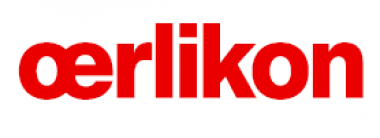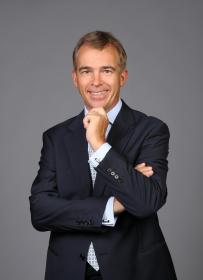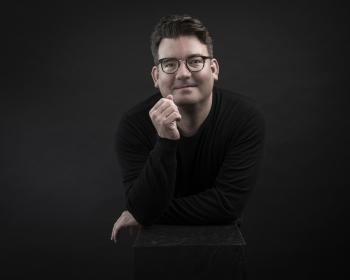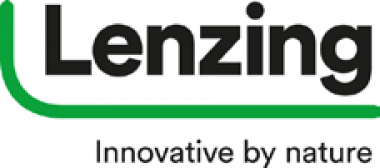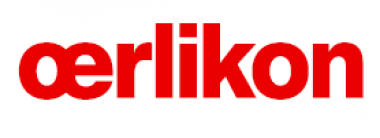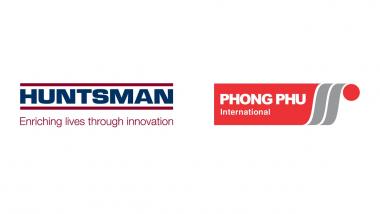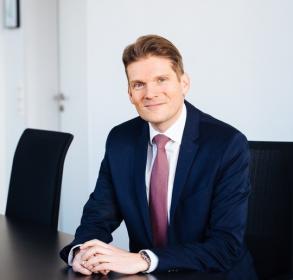Cifra, Iluna Group, Rosti and Sitip launch fashionable masks with ROICA™
Masks yes, but with comfort, safety and also style: Cifra, Iluna Group, Rosti and Sitip launch masks with a fashion touch with the premium stretch fiber ROICA™
Big companies are updating their productions with high-performance and high technical characteristics masks, result of their historical experience and thanks to an exceptional partner in common: the premium stretch fiber ROICA™ by Asahi Kasei. And the solidarity race continues to donate them to hospitals and to the Red Cross
Forced to keep most of the face covered and often for a long time during the day, solutions that are above all performing and comfortable become increasingly necessary.
And solutions that are also a manifestation of our personality, which remains hidden and entrusted to the mere expression of the eyes. Walking on the streets we sometimes even don’t even recognize each other, since we are so hidden; and the desire to minimize the situation often takes over, together with that desire to make us recognizable, to possess and express an identity anyway. For fans of escaping homologation (now more than ever mandatory and for this reason even more difficult) “rescue comes” - and this is the case to say it - from illuminated companies who have thought about creative solutions for those with masks has to do all day, at home, at work, during sports and in leisure time. To feel more comfortable, there are many proposals: more “street style” for sports addicted and young people - inside and outside -, more elegant and sophisticated for women.
Textiles companies have joined the fight against Covid-19 engaging a strong and decisive personal and productive battle, which has seen many of them transform and convert their production units for the production of masks and gowns intended for medical personnel and the community.
Some of the most established excellences of the textile sector as Cifra, Iluna Group, Rosti and Sitip have made use of the precious collaboration of ROICA™, the premium stretch fiber by Asahi Kasei. ROICA™ is the innovative and smart premium ingredient chosen by these companies to guarantee even more comfort, thanks to an exceptional top-level component that gives elasticity for perfect adherence to the skin. Each of the companies then declined its production according to its specificity. And this is their important contribution.
Cifra presents the eco-sustainable version of the mask, the ECO-MASK™, which combines the high performance of Cifra knitting technology with the sustainability of the materials used. The 100% regenerated yarns create a 100% sustainable mask with 83% ECONYL and 17% ROICA™ V550 elastomer, the stretch fiber certified Cradle to Cradle Gold Health Level which allows excellent and lasting printability, as well as advantages regarding the circular economy as it does not release harmful substances into the test environment according to the Hohenstein Environmental Compatibility certification.
Iluna Group, European leader in the production of lace, has recently donated 400 protective “smart” made with ROICA™ EF, the world first GRS - Global Recycled Standard – certified elastomer and which uses 58% of pre-consumer recycled content, mixed with Q-NOVA® by Fulgar. Multi-use, washable, bacteriostatic, breathable and water-repellent prevention masks gave to San Gerardo Hospital in Monza to answer to the Call to action launched on March 19th by the green journalist Diana De Marsanich, with the responsible and innovative materials expert Giusy Bettoni of C.L.A.S.S. Eco Hub, the fashion designer Marina Spadafora of Fashion Revolution Italia and the entrepreneur Simona Roveda of LifeGate. Iluna Group also announces the launch of the website dedicated to the direct sale of the different kind of masks all made with three layers, antibacterial and anti-drip treatment and washable up to 10 times. Iluna Group has also created the “smart” masks made with ROICA™ EF, the world first GRS - Global Recycled Standard – certified elastomer and which uses 58% of pre-consumer recycled content, mixed with Q-NOVA® by Fulgar.
In addition to the “smart” masks, available for women, men and children, Iluna Group has created two special versions of Lace Masks, covered with refined lace. One embroidered on a cotton base and one with soft microfiber.
Rosti, historic knitwear factory based in Brembate specialized in the design and production of cycling clothing with the best technical fabrics and the most advanced technologies, has put its experience at the service of the production of protective masks washable up to 20 times, made with Sitip fabric and with the anti-drop treatment Ecoacquazero®. Fascinating and protective like a second skin, the masks are sold in a pack of 10 pieces with captivating, colorful, geometric and original graphics, designed for every personality.
Rosti masks contain the premium stretch fiber ROICA™ Resistance, a family of premium stretch yarn with particular performances of resistance and durability.
GB Network Marketing & Communication













